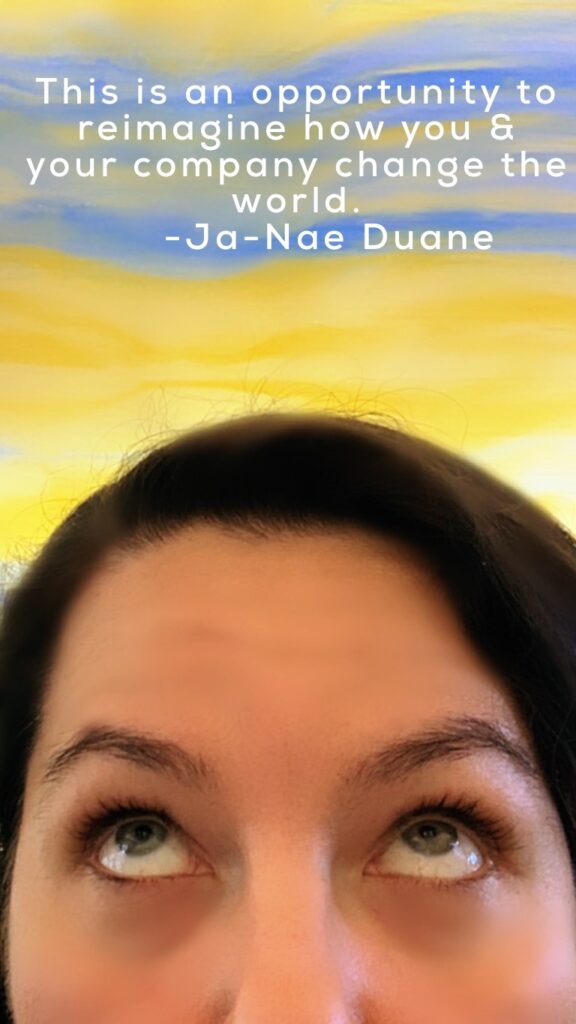
We are navigating uncertainty. This is not the first time that Boston has been on lockdown. The eery part is not knowing what is coming next or when things will pass. I had that same feeling during the 2008 recession. I was an opera singer whose gigs (and the companies I was working with at the time) vanished like a puff of smoke. Since then, my team at Revolution Factory and I have been working with executives to figure out not only A) what is next, but instead B) create the future that you want and a system to support it. Here are three lessons from those clients:
- Most companies have not built up their resilience: We live in a small connected world where disruptions will continue to become more frequent. CEO, executives, and managers who have scenarios planned for different futures find that they are less surprised when disruptions or black swan events hit because they have already begun to operationalize for it. The problem is, many executives actually do not know how to properly scenario plan for the future and create an operational strategy to support them. There are a select few that realize that weakness and do seek help before the company suffers.
- Those companies who are focused get it done: When companies bring me in, many of them suffer from FOMO. They are also chasing the next shiny thing as a silver bullet and not focused on their long-term core business and the product cycles that accompany them. That is why we see so much “incremental innovation.” Companies like to tinker with their core product but not in a way that creates sustainable value for the product and the core customer it serves. However, those companies whom we work with on a long-term plan to support the life-cycle of their core products while they work on the future core business are the ones who get it done and do not waste resources.
- Companies who play the short-term game die: After we ride this out, we will see many companies disappear. Why? Because they are only focused on the interim and instead of how our current environment can support their long-term growth. The companies we work have understood the value of long-term planning so that they can garner traction even during turbulent times.
What has your company done in the past? How are you handling this now? Join the conversation or reach out to me if your company needs help navigating uncertainty.